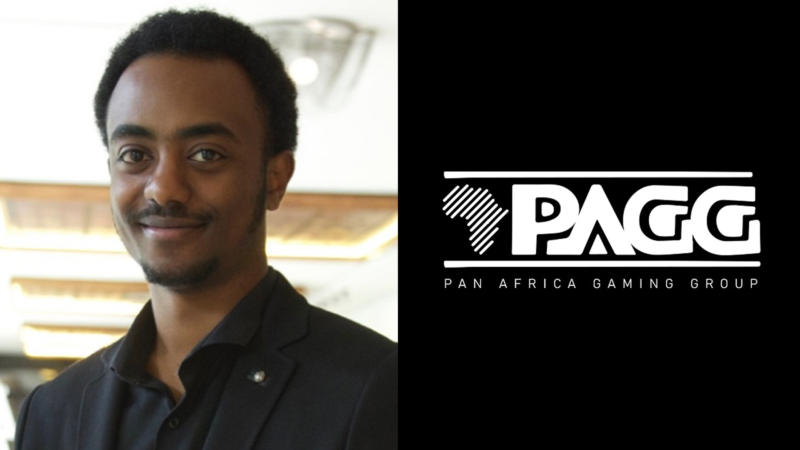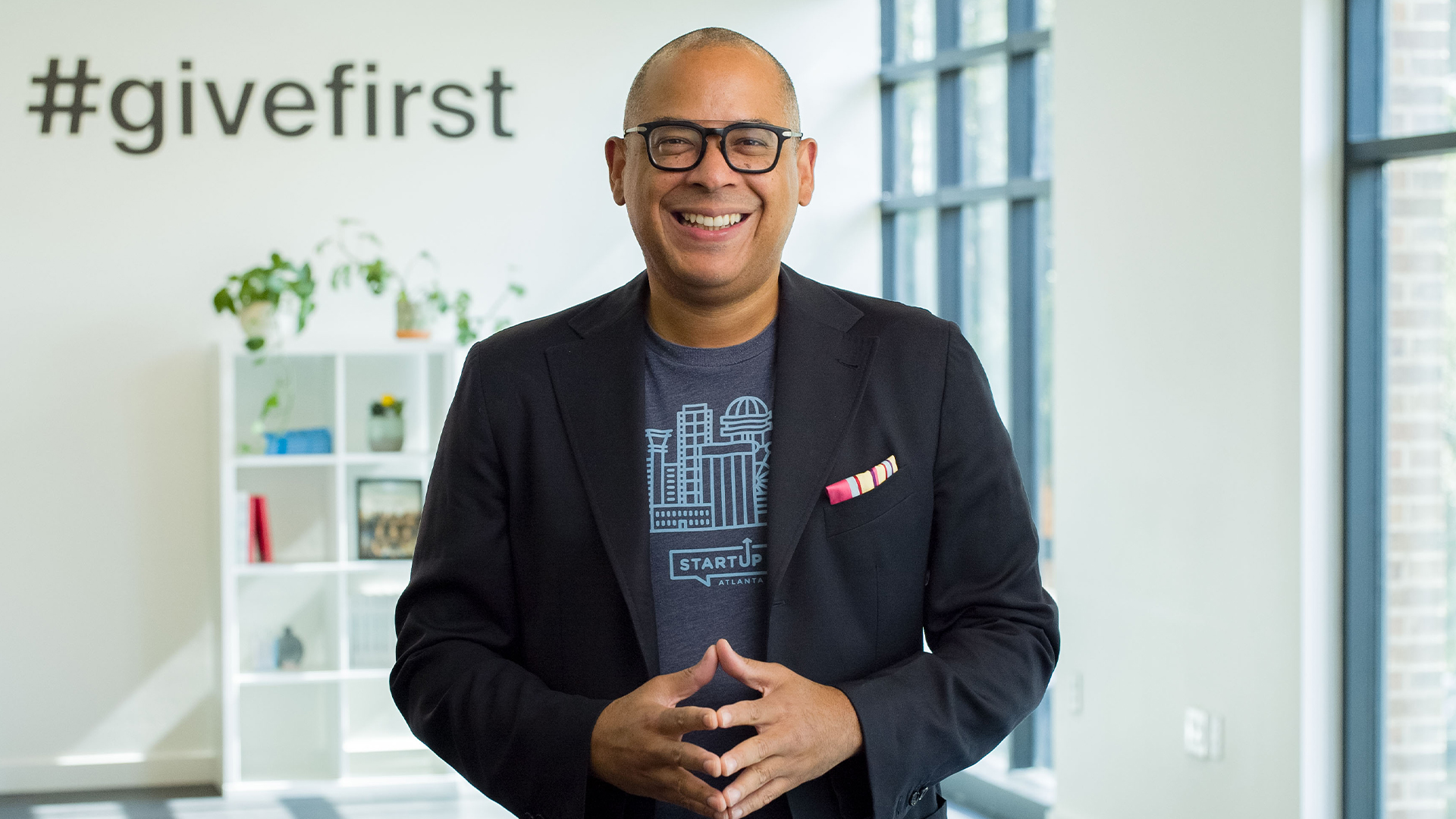Africa’s gaming world is set to soar to new heights!
A total of ten game development studios have combined as one to help bridge the gap when it comes to gaming within the continent. The initiative, called the Pan Africa Gaming Group (PAGG), aims to increase gaming in the diaspora and will serve as a launching pad for those interested in becoming gaming developers.
“PAGG said they aim to grow the industry by two times annually and to put Africa ‘on the map of the global game industry,” TechCrunch reports.
The news comes as Africa celebrates its 2022 Africa Game Week, currently underway in Capetown, Africa — a region that makes up the majority of the gaming community within the continent.
The African Gaming Industry
African youth are particularly interested in the gaming world, thus causing an increase in the gaming industry across the continent.
Per a 2021 GSMA mobile economy report, “303 million people, about 28% of the population in sub-Saharan Africa, are connected to mobile internet, a number that is set to grow to 474 million by 2025, creating an even bigger market for the gaming industry.”
In South Africa alone, almost half of the population identifies as gamers, according to a Games Industry Africa report, which would be 24 million people.
In 2021, South Africa’s gaming revenue wrapped at $290 million at the end of the year. Following in their footsteps is Nigeria ($185 million), Ghana ($42 million), Kenya ($38 million), and Ethiopia ($35 million).
How PAGG Works
Although the dynamics of each gaming studio are now operating under one umbrella, the individual gaming studios will maintain their rights. However, they will be involved in voting proposals that are brought forth by the council.
Under the African game store, Gara, the PAGG will bring together games developed by its members along with the assistance of a content hub for Afrocentric creative work, Afrocomix.
According to the company, “these channels will enable content distribution and monetization by allowing locally relevant payment options, including mobile money and airtime billing.”
Additional plans to increase the number of the next generation of African game developers via training and incubation are already underway at the Kenyan Nairobi Game Development Center.
Meet The Gamers
Under the new system, the involved gaming studios have helped to develop over 50 games and is made up of South Africa’s Sea Monster, Senegal’s Kayfo Games, Cameroon’s Kiro’o Games, Ghana’s Leti Arts, Tunisia’s Digital Mania, Ethiopia’s Qene Games, Kenya’s Usiku Games, Tanzanika’s Khanga Rue, and Rwanda’s DopeApps and Messeka Games. They anticipate that more studios will join the collective in the near future.
“One of our core values is not just to build a collection of games, but to incubate Africa’s gaming industry of tomorrow,” said Leti Arts CEO Eyram Tawia. “There is a wealth of incredible talent already on the continent, with more graduating every year from top-tier game development schools like Rubika. Most graduates though are relegated to doing remote work for overseas clients due to the lack of local gaming job opportunities. We’re going to fix that.”
A founders’ council will oversee the lobby and includes top gaming entrepreneurs from across the continent. They will also tap into the leadership of former Goldman Sachs and PWC executive Peter Kihara, the group’s financial officer. The group’s creative director is the former game director at the United Kingdom’s Aardman Animation, Jake Manion.
Ethiopia’s Qene Games CEO Dawit Abraham will serve as PAAG’s spokesperson.

















